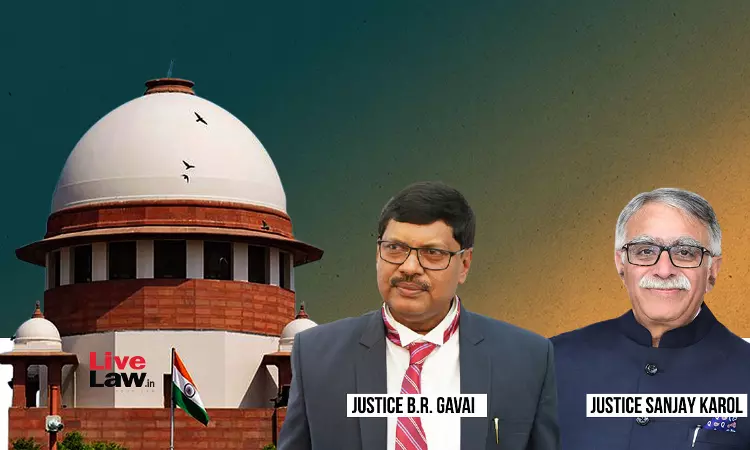Ballistic Expert's Evidence Important In Cases Of Murder Caused By Firearms: Supreme Court
Ashok KM
11 July 2023 6:40 PM IST

Next Story
11 July 2023 6:40 PM IST
The Supreme Court observed that, in cases where injuries are caused by firearms, the failure to examine Ballistic Expert would be a glaring defect when the prosecution case is based on circumstantial evidence.In this case, the High Court of Punjab and Haryana, had upheld the conviction of the accused in a murder case. The conviction based on on the last seen theory and the...
